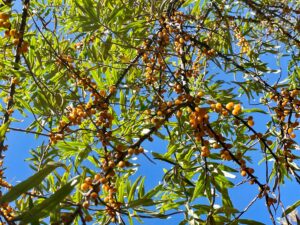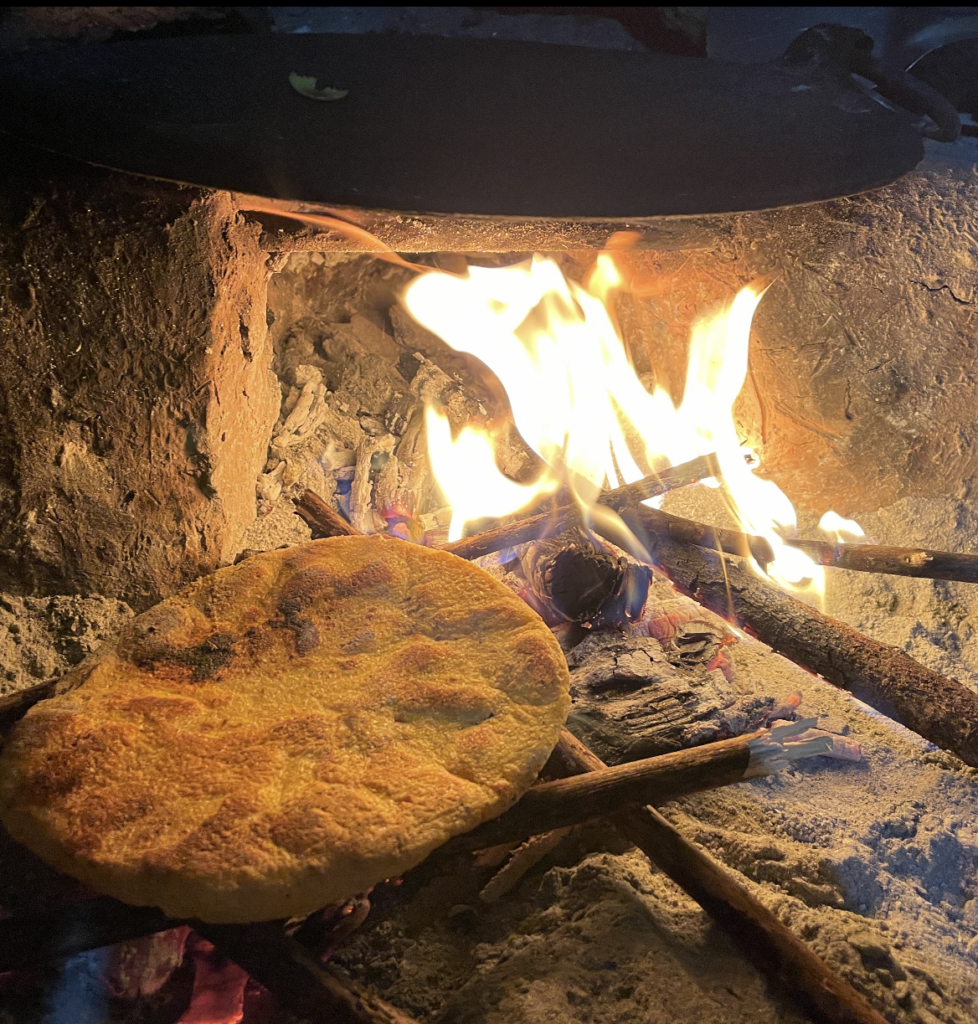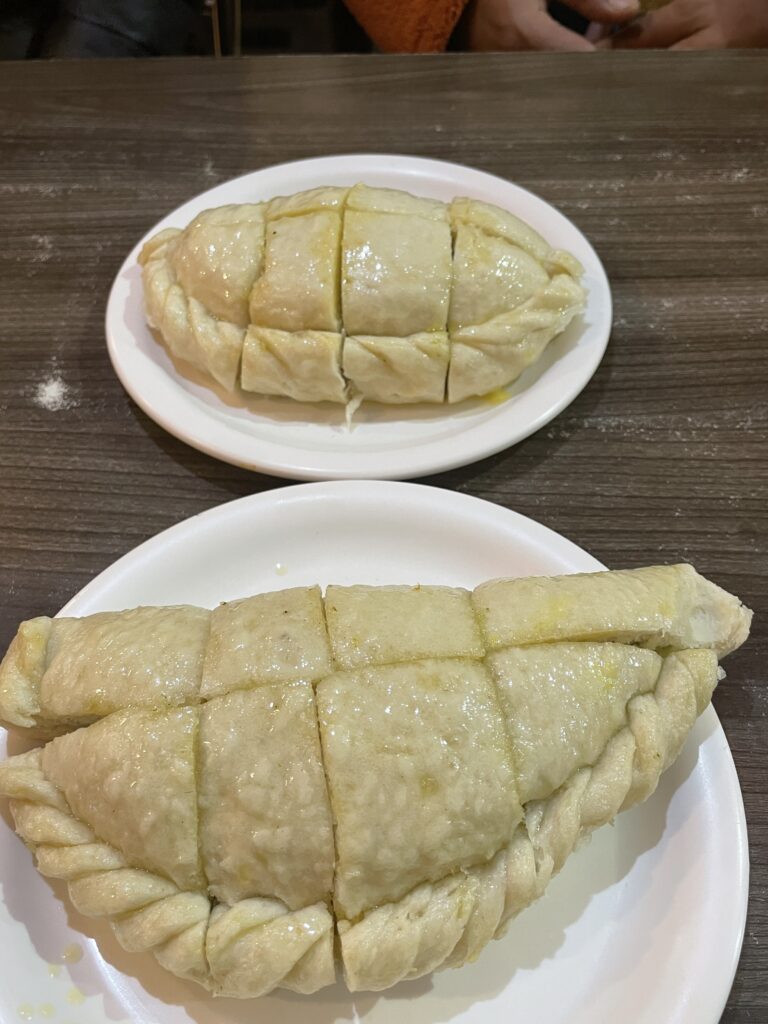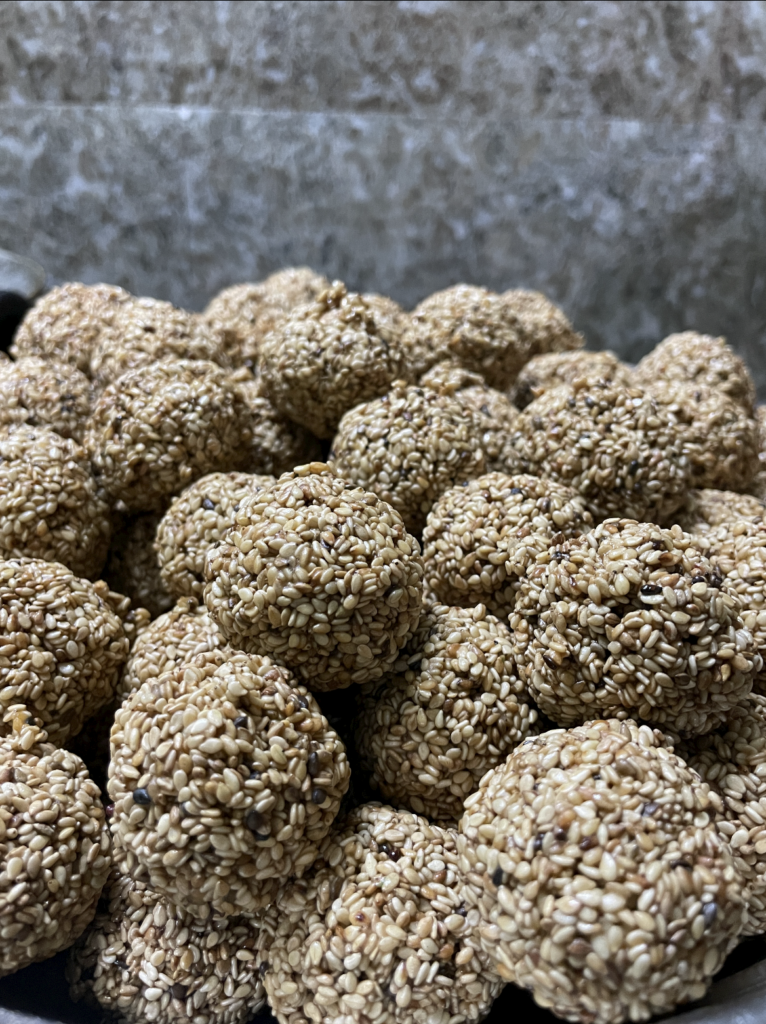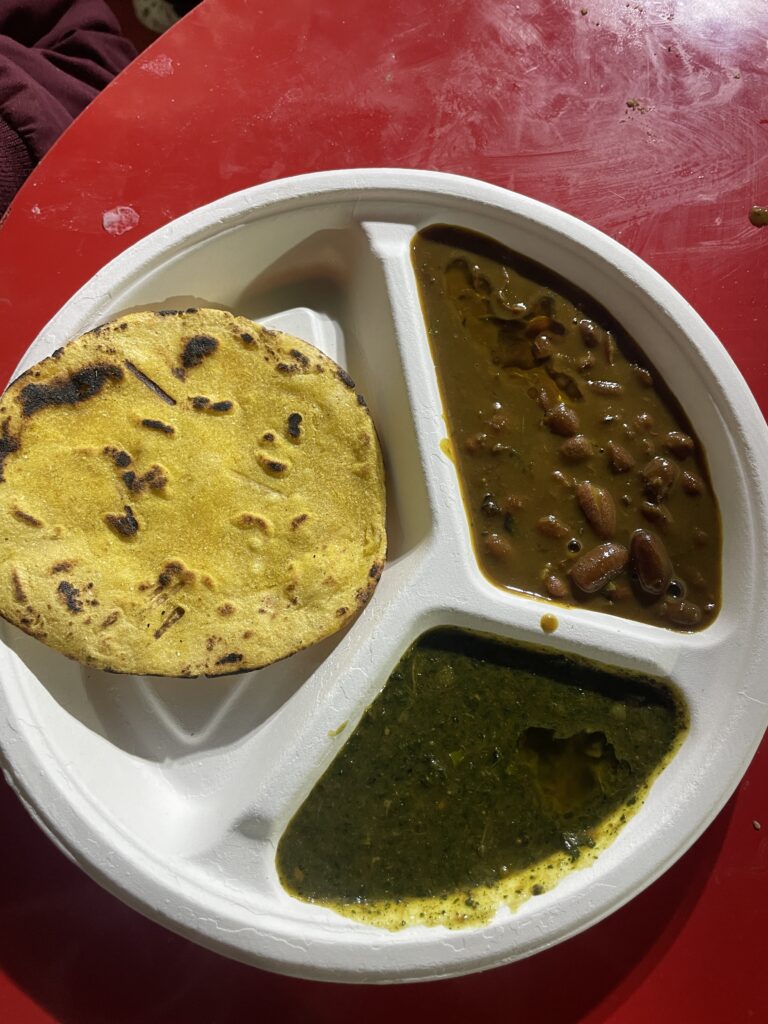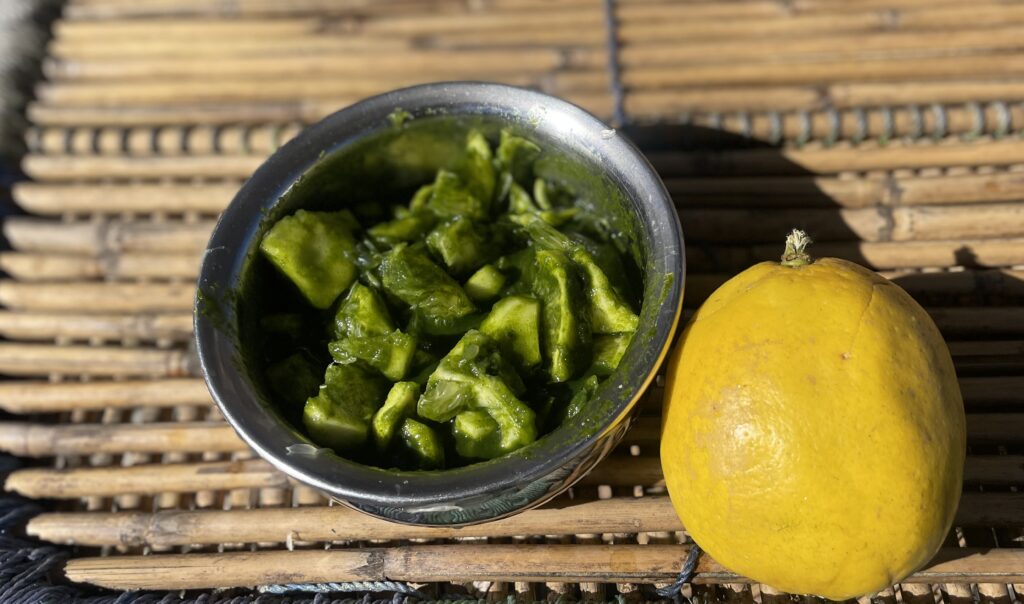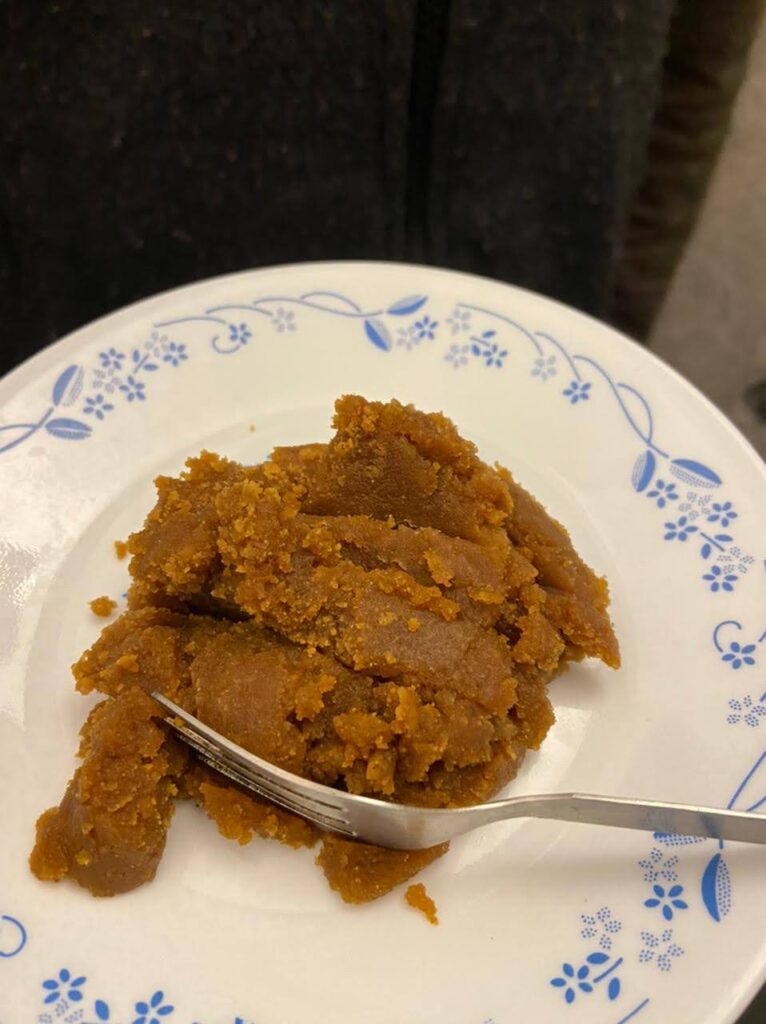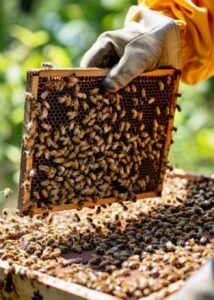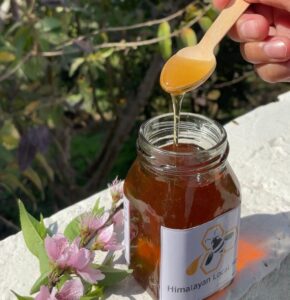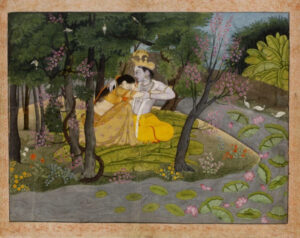Popular winter delicacies in Himachal
Himachal Pradesh, characterized by its mountainous terrain and varying winter
climates from extreme to moderate, has fostered distinctive culinary traditions within
the region. The combination of the rugged landscape and chilly environment has
given rise to a diverse array of winter foods that reflect the unique cultural tapestry of
Himachal.
In discussing winter cuisine in Himachal, it becomes apparent that there is no
universal dish that all Himachalis partake in. The diversity of the state is mirrored in
its cuisine, with numerous unique dishes and food items consumed during the winter
months, ranging from dried meats to nourishing Saag. Presented here are a few food
items that enjoy widespread popularity across different regions of Himachal.
Siddu : Arguably the most renowned winter delicacy in Himachal, Siddu holds
a special place in the hearts of those residing in the higher hills, where winters
are particularly severe. Widely favored in Kullu, parts of Mandi, Shimla,
Lahaul and Spiti, and Sirmaur, Siddus are crafted from fermented dough filled
with poppy seeds, dry fruits, Bhaang Daana, blank lentil, among other
ingredients. There exists a sweet variant filled with jaggery, and Siddu is
commonly enjoyed with ghee or chutney. The warm and nutrition-packed
filling of Siddu makes it a year-round favourite, although it is particularly
cherished during the winter season.
Til Ladoo : While not exclusive to Himachal, Til Ladoo is a celebrated delicacy
enjoyed throughout the state. Sesame seeds, or til, cultivated in the lower hills
of Himachal, especially in Kangra, Hamirpur, Bilaspur, and Mandi, are
combined with jaggery to create a delightful treat. This mixture not only
provides warmth and energy but also delivers essential nutrients such as
calcium, protein, zinc, and dietary fibers. Crafting Til Ladoo is considered an
art due to the challenge of forming a perfectly circular ball from the blend of
roasted sesame seeds and jaggery.
Makki ki Roti : Maize, or Makki, stands as one of the primary crops in
Himachal. Despite its strong association with Punjab, Makki ki Roti enjoys
equal, if not greater, popularity in Himachal. Recognized for its hearty and
warming nature, Makki is a staple in the diet of hardworking individuals in the
lower hills of Himachal. It is commonly paired with blank lentils, rajma, kadi,
and various types of saag made from sarson, palak, or even sting needle
leaves, each rich in diverse nutrients. The maize crop in the hills is esteemed
for its superior taste and quality compared to those grown in other states.
Citrus Fruits : The hills are renowned for the unique citrus fruits cultivated
abundantly in the region. Recognizing the winter need for Vitamin C,
Himachalis ingeniously transform these fruits into mouth-watering recipes.
Locally known as “Khatta,” these recipes involve combining fruit slices with a
spicy green chutney made from coriander, mint, chilies, garlic, and ginger.
Khatta comes in various types, including Chagotra, Galgal, and the notably
sour Jhamirdi. Enjoying Khatta on a sunny day with family around is a
cherished childhood memory for many Himachalis.
Besan ka Halwa : Halwa, a delicacy loved across the country, takes on various
forms depending on the season and occasion. In winter, Besan ka Halwa
emerges as a popular choice, especially after rains. Gram flour, warm in
nature, is mixed with ghee and sugar/jaggery to create a delectable treat for
the winter months. The hardworking people of the hills savor sweet delicacies,
with Besan ka Halwa being a particular favorite. Other types of halwas, such
as those made from poppy seeds (post) or chestnut seeds (khanor), also find
their place in the winter culinary repertoire of Himachal.
